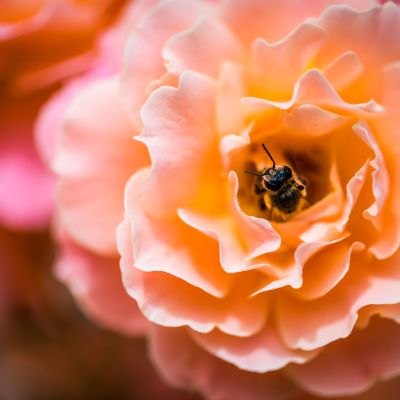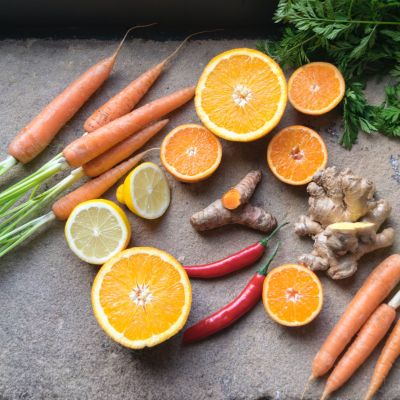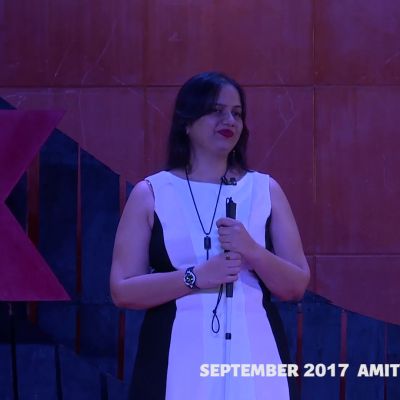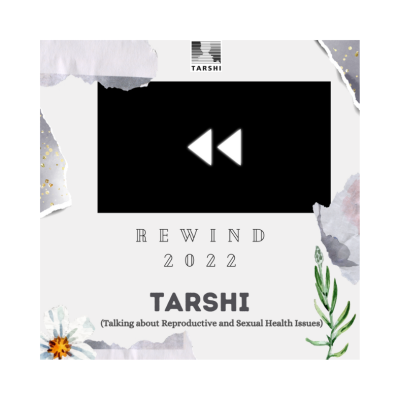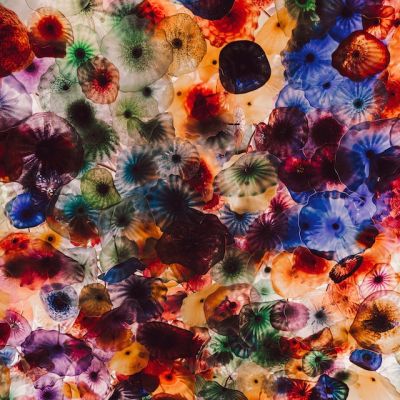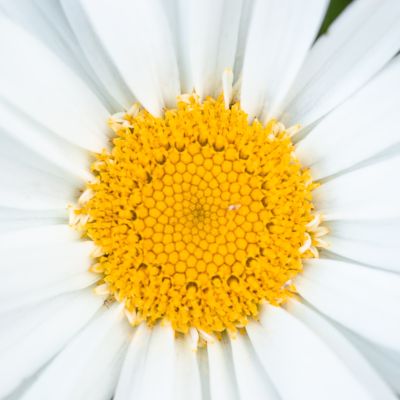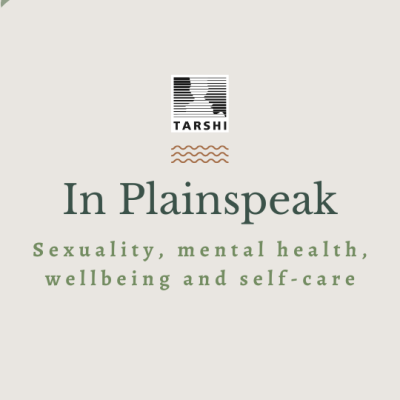TARSHI
While there is an oversaturation of information on sexuality, accurate, inclusive and affirming information is few and far between. Comprehensive Sexuality Education (CSE) offers us multiple pathways to address these dilemmas.
Food unites, but as we are sadly witnessing, it also divides. What people eat and how they eat it is related in many ways to class, caste, purchasing power, and other factors of social currency and control.
Our most powerful, sexy, responsive and attractive sexual organ may be the mind, but it is through the body that we express and experience our sexuality. Our body is our first and primary home; whether we truly feel at home in it is another matter.
Humour makes us feel good, relaxes us, lubricates social interactions, and often allows us to see things in new ways. Who doesn’t love a good belly laugh? However, what tickles your funny bone may be very different from what tickles mine.
Cricket, football, hopscotch, whatever the game, we have all wanted to be included for the sheer joy not only of exercising body and mind but also of being part of a team, of being noticed and celebrated. Sports and athletics offer us a playground to explore and express parts of ourselves that may otherwise forever lie dormant.
Stories hold power. They shape how we understand the world, and if they are stories of distorted facts and falsehoods, they spread unease, discord and hatred. But stories also allow us to imagine other possibilities; they give us hope that we can overcome oppression and injustice.
If you were the CEO of a company and your office were on the 40th floor of a building in…
Disability rights activist and comedian Nidhi Goyal busts myths and stereotypes about disability.
Happy New Year! We have curated this anthology to remind you and ourselves of the gift and wonder of possibilities.
Thanks for being part of our 2022, full of exciting activities and reflection on Sexual and Reproductive Health and Rights (SRHR) and wellbeing.
Queering transcends the confines of symmetry and is a way of looking, of breaking established meaning, of making new meaning, and of being and becoming that offers us the promise of fluidity, flux and freedom.
Questions, questions and inevitably more questions! That seems to be the human condition when it comes to connections, especially our connections with other people. It’s complicated, right?
This issue of In Plainspeak while inviting us to embrace the joys and pleasure in movement, also questions the ways in which movements are facilitated or obstructed, visibilised or invisibilised, and the spaces that we must envision to find freedom in/to movement.

